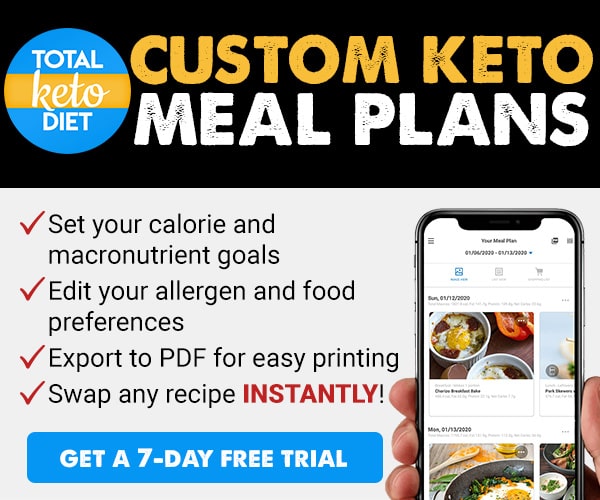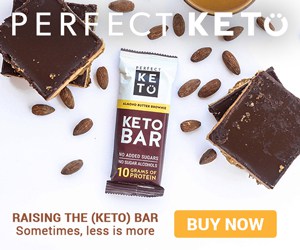The keto diet has produced amazing results and positively shocking transformations, and sometimes keto supplements are a part of that.
Keto supplements can be natural vitamin and mineral based, or exogenous ketones to help you achieve and maintain a state of ketosis.
What are some of the best keto supplements on a budget that will help you fulfill your nutrient requirements without breaking your bank?
There are a number of supplements to help you out in this regard including some that are extremely common like sodium supplements, magnesium supplements, krill oil, and medium chain triglyceride (MCT) oil.
Why do you need supplements on a keto diet and which ones are the best? All your queries regarding keto supplements on a budget will be thoroughly answered in this article.
12 Cheap Keto Supplements That Won’t Break The Bank
To make sure you get all the keto diet benefits while maintaining an optimal nutrient intake, the supplements listed below can help you. These supplements are fairly common and extremely budget-friendly:
- Sodium Supplements
- Magnesium Supplements
- Potassium Supplements
- Calcium Supplements
- Vitamin D
- Krill oil
- MCT oil
- Spirulina
- Chlorella
- Bone Broth
- Dandelion Root
- Turmeric
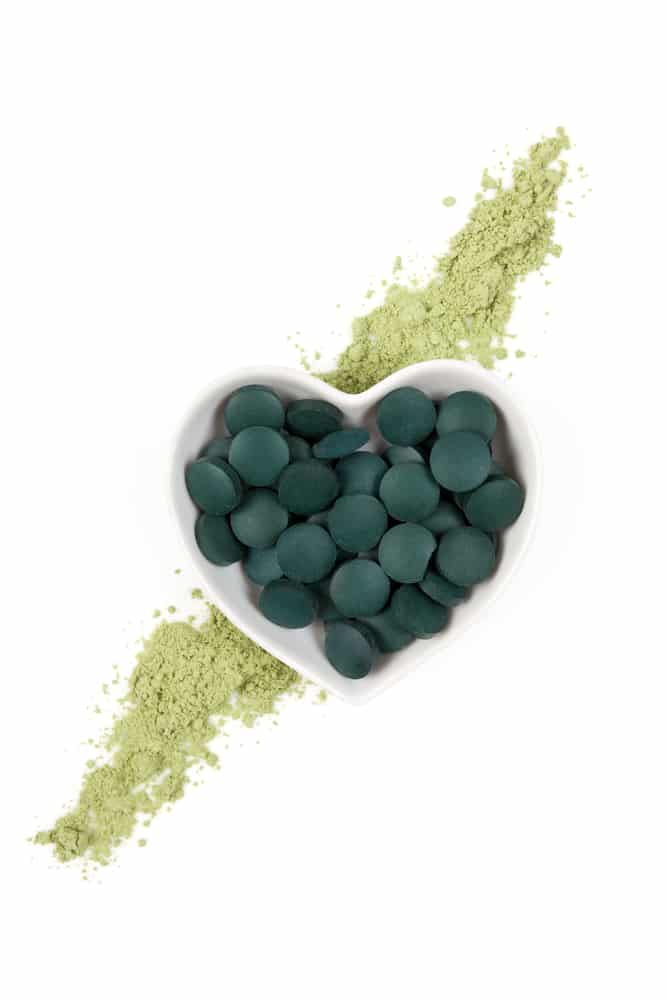
1. Sodium Supplements
While there are many benefits offered by the keto diet, there is a possibility that you may miss out on some extremely important minerals such as sodium.
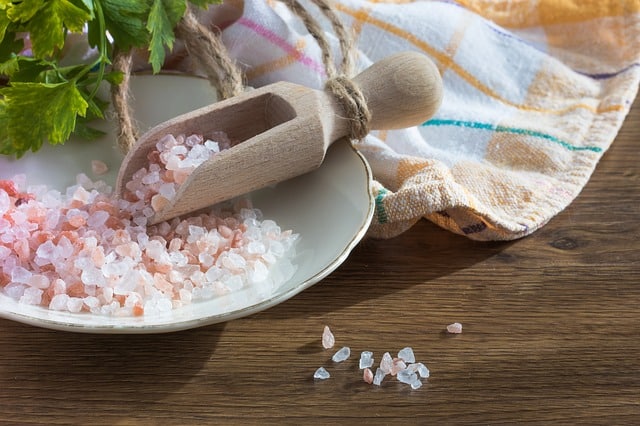
Sodium and other electrolytes are needed by the body to regulate the muscle and nerve functions, among many other responsibilities.
Because the keto diet is a type of low-carb diet, it forces your kidneys to get rid of the excess water. As this water is excreted, it takes with it many minerals, including sodium, which need immediate replenishment.
Having low levels of these electrolytes, potassium and sodium in particular, may cause problems like constipation, fatigue, and headaches. These are collectively known as the keto flu.
A good balance of sodium in your body is important for optimal functioning of muscles and nerves.
The ability of sodium to retain water also helps maintain the balance of other electrolytes.
While most diets advise reducing your sodium levels, you need more of this electrolyte on the keto diet because of the rapid water loss you experience, especially during the initial few days.
How To Increase Sodium Levels
You don’t necessarily need sodium supplements to replenish the levels of this electrolyte. Try relying on natural sources of sodium by:
- Consuming bone broth on a regular basis
- Adding more salt to your food and drink
- Eating natural sodium supplements like eggs or red meat

Daily Sodium Intake for the Keto Diet
Sodium has a huge impact on the blood pressure profile. If you are at risk of developing hypertension or concerned about the effect of sodium on blood pressure, monitor your blood pressure regularly. The World Health Organization recommends consuming less than 5 grams of salt per day for adults. This is equivalent to 1 teaspoon.
2. Magnesium Supplements
Magnesium deficiency is quite common, especially in people following a low-carb diet.
To know more about magnesium deficiency, blood testing is recommended. Some common signs of magnesium deficiency include fatigue and muscle cramps.
Magnesium is an important electrolyte that can help maintain a strong immune system, a healthy heart rhythm, and optimal muscle functions.
It works together with calcium to maintain healthy bones and participates in more than 300 body functions like maintenance of testosterone and regulation of sleep.
Sources of Magnesium
It is possible to get magnesium from keto foods like almonds, pumpkin seeds, leafy greens, high-fat yogurts, and avocados.
However, some of these foods contain carbs and may not be optimal for eating regularly. For this reason, you may need a magnesium supplement.
According to the National Institute of Health Office of Dietary Supplements the recommended daily intake of magnesium is 400 to 420mg per day for adult men and 310 to 320mg per day for adult women.
3. Potassium Supplements
Potassium is important for maintaining a healthy fluid balance, optimal blood pressure, and a regular heart rate.
It helps your body break down carbs and aids in the building of proteins.
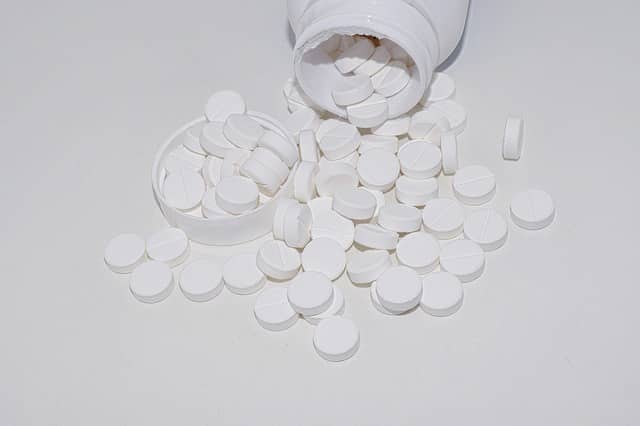
Potassium Rich Foods for the Keto Diet
While potassium is immensely important during the keto diet, using its supplement form is often discouraged as too much of this nutrient may produce toxicity, known as hyperkalemia.
This fact sheet on potassium supplements is an excellent resource for both the benefits of potassium and the dangers associated with excess potassium.
In summary, normal healthy adults should consume potassium in their diets and will excrete any excess potassium through urine.
When following a keto diet, the potassium rich foods are nuts, salmon, avocados, mushroom and leafy green vegetables. The recommended dietary intake of potassium is 3400 mg for men and 2600 mg for women.
4. Calcium Supplements
Calcium plays a number of roles in the body. It helps maintain stronger bones and helps with muscle contraction.
Calcium is also needed by the body for proper blood clotting.
Keto Foods with Calcium
Vegetables high in calcium are brocolli, kale and chinese cabbage and suitable to eat on the keto diet
Fish sources of calcium are sardines, salmon and fish with edible bones.
Calcium is often added to soy and tofu.
Most of the people deficient in calcium require supplementation.
Aim for a supplement that has both calcium and vitamin D as the latter is required for proper absorption of the former.
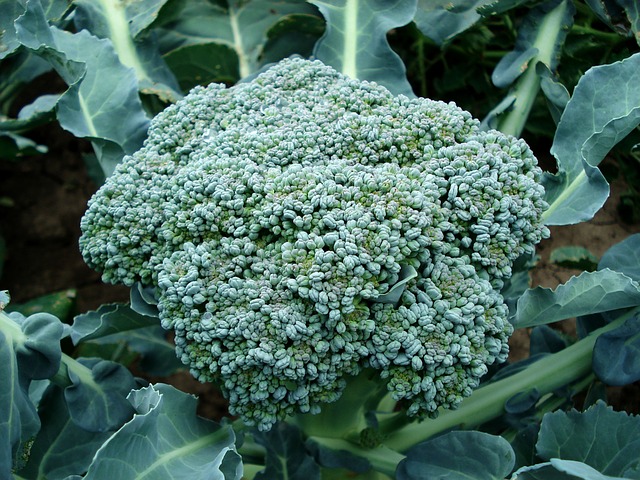
Both men and women require 1000 mg of calcium on a daily basis and should not exceed 2500 mg of calcium per day.
5. Vitamin D for Strength and Hormonal Balance
Vitamin D is not only a nutrient, but it is also an important hormone in the body.
A lot of companies are currently manufacturing products fortified with vitamin D because it is extremely hard to get enough of it from food alone.
Vitamin D can be obtained through sun exposure but only in areas that have enough sunshine. As we all know, prolonged sun exposure also carries its own risk.
Vitamin D is important for absorbing magnesium, calcium, and other minerals.
It maintains the strength and growth of muscles, healthy levels of testosterone, and optimal bone density.
Vitamin D supports a strong immune system and cardiovascular health.
Despite all the important roles it performs, most people lack vitamin D.
The restrictive nature of the keto diet may also precipitate this deficiency and cause issues with your body.
How to Increase Vitamin D Intake
Vitamin D can be obtained from foods like fatty fish and mushrooms.
You can also replenish the levels of this vitamin by consuming fortified foods.
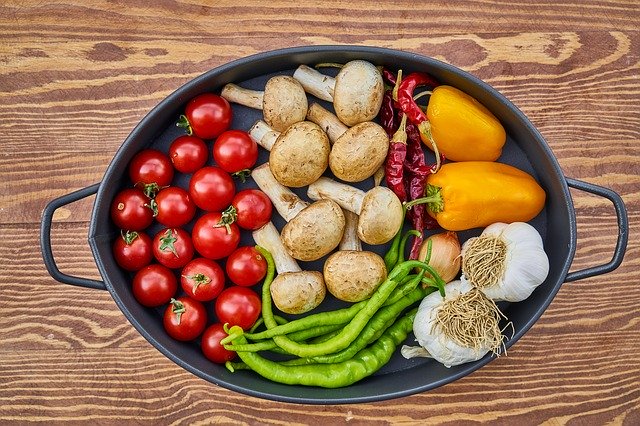
If you are unable to get rid of a Vitamin D deficiency through food alone, try vitamin D supplements.
6. MCT Oil for Maintaining Ketosis
MCTs refer to medium-chain triglycerides, a form of fat that your body can use at once instead of storing it.
MCTs can trigger the production of ketones in your body, which means that they play an important role in inducing and maintaining the state of ketosis.
Because MCTs can be used as an immediate source of fuel, their supplements are crucial for people following a keto diet.
Using these supplements will make sure that your body is in a fat-burning mode while maintaining all the daily macros.
How to Use Medium Chain Triglycerides
MCTs are naturally found in butter, yogurt, cheese, and coconut oil.
However, the best way to obtain them is by using a concentrated dose coming from an MCT oil supplement.
MCT oil supplements are available in three different forms:
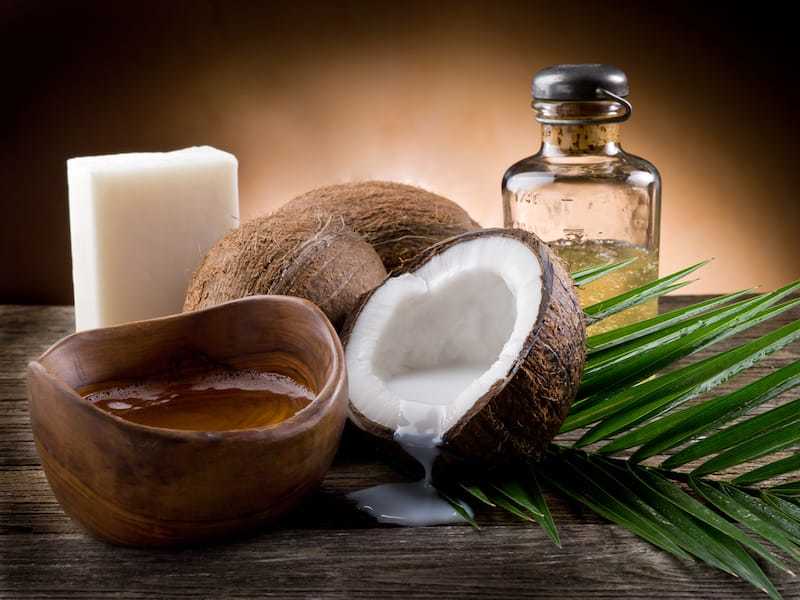
While looking for an MCT oil supplement, the powdered form is preferred because it is easier on the stomach and can be used by mixing it in smoothies, shakes, and cold drinks.
Remember to use at least one half to a whole scoop of MCT powder per day.
7. Krill Oil for the Health of Brain and Heart
To work optimally, your body requires three different types of omega-3 fatty acids: DHA, ALA, and EPA.
Krill oil is said to be an excellent source of EPA (eicosapentaenoic acid) and DHA (docosahexaenoic acid) with amazing bioavailability.
Both EPA and DHA are extremely important fatty acids that your body cannot make on its own. This means that they must be obtained either through food or supplements.
While the keto diet does provide your body with omega 3s, there are many keto friendly foods with high levels of omega-6 fatty acids that trigger inflammation in excess.
Most people focus on such foods while consuming lesser amounts of omega 3. This disturbs the balance between the two and causes inflammation and other problems.
Omega 3 oils are also important for maintaining the health of the heart and brain in multiple ways.
Supplementing your body with these fatty acids can help:
- treat the symptoms of depression
- manage inflammation
- decreases the triglyceride levels in the body more than keto alone ever can
- lower the levels of LDL cholesterol and improve cholesterol profile
- reduce BMI and body fat
Why Krill Oil?
Krill oil supplements are a rich source of all the omega-3s found in fish oil but with some additional benefits.
This oil also consists of beneficial phospholipids and astaxanthin, a powerful antioxidant.
Astaxanthin possesses strong neuroprotective effects that minimize the damage to the brain and protect the entire nervous system from the harmful effects of oxidative stress.
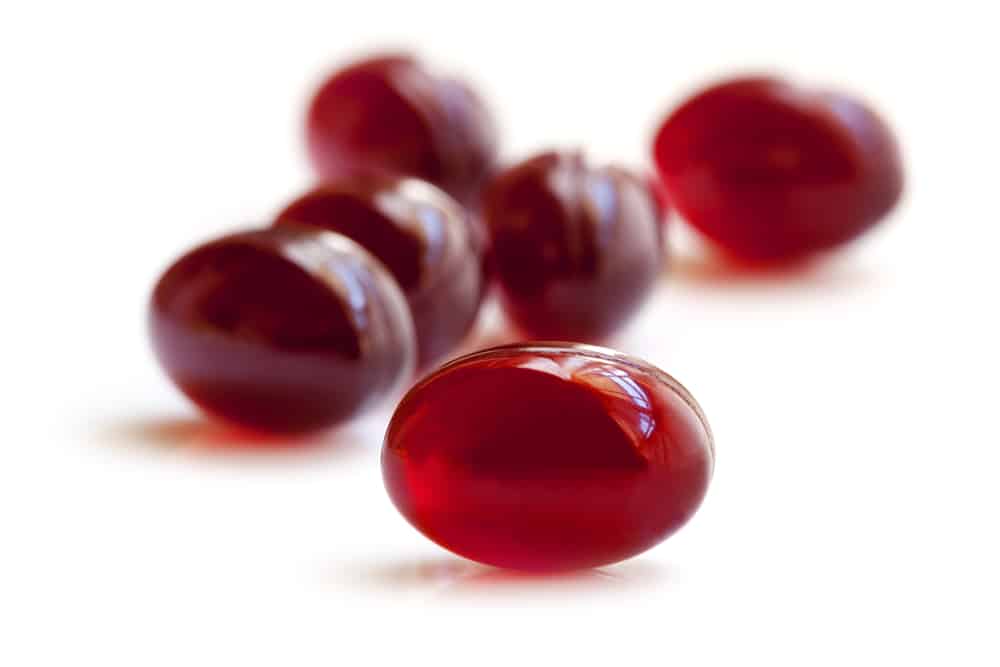
Unless you like eating wild-caught fatty fish (salmon, mackerel, and sardines), grass-fed beef, or tons of leafy greens every day, you would need to supplement your body with some more omega-3s.
The best way to do so is by consuming krill oil.
How to Get Krill Oil
According to most of the organizations, about 250 to 500 mg of both DHA and EPA are sufficient for a day.
Studies have revealed that most of the health benefits of krill oil can be obtained by consuming 300 mg to 3 grams of it.
This alone can successfully provide your body with 45 to 450 mg of both DHA and EPA combined.
When selecting a krill oil, only choose the ones of the highest quality with strict testing and monitoring.
Ensure that the product you are using does not contain any heavy metals or contaminants of any kind.
Also, look out for the sustainable sourcing techniques preferred by the manufacturer from which you are buying. Take a look at this best selling Krill Oil on Amazon.
8. Spirulina to Control Cholesterol
In addition to the supplements present on the market, there are many healthy foods you may use to improve your health and gain maximum benefits from keto. Spirulina is one of these foods.
Spirulina is a type of green-blue algae containing all the amino acids needed by the body.
This makes it a complete protein and great food.
Spirulina is also a rich source of magnesium, iron, and potassium as well as many other nutrients with antioxidant properties.
Consuming spirulina on a daily basis has been known to produce positive effects on cholesterol. It reduces the levels of bad cholesterol and raises the HDL cholesterol.
How to Use Spirulina
You can take spirulina in both powdered or capsule form. The powder can be mixed in any beverage or plain water.
Aim for a teaspoon of 4.5 grams of spirulina powder per day.
Best Selling Organic Spirulina Powder on Amazon
Best Selling Spirulina Tablets on Amazon
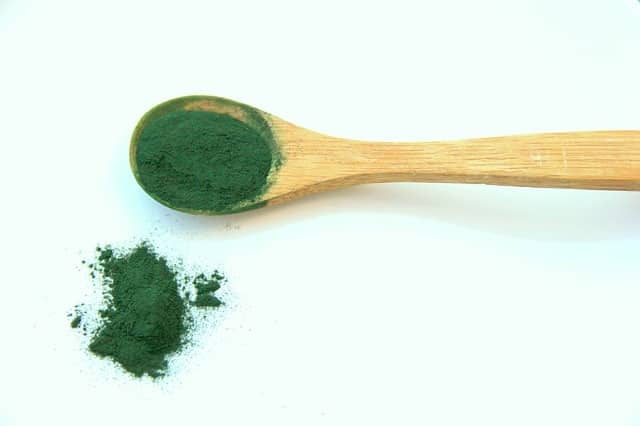
9. Chlorella to Fight Fatigue
Just like spirulina, chlorella is also a type of green algae.
Taking it during the initial days of ketosis can help minimize fatigue or prevent it.
Chlorella consists of Chlorella Growth Factor, a nutrient with both DNA and RNA, which promotes the transport of energy between different cells.
How to Use Chlorella
Chlorella can be obtained in tablet, powder, or capsule form.
Before you buy any chlorella supplement, make sure that it does not contain heavy metals. You can drink it by mixing it in water or a smoothie.
You can also buy a combined package of Chlorella and Spirulina here.
10. Bone Broth for Electrolytes and Body Strength
Consuming bone broth on a regular basis is a great way to improve your electrolyte intake.
For this reason, it is an amazing food item for those suffering from the keto flu.
Some of the most amazing benefits of bone broth are its ability to do the following:
- protect the intestinal barrier
- enhance immunity
- increase collagen in the body which, in turn, improves the health of your brain, heart, skin, eyes, bones, and joints
How to Use Bone Broth
If you like spending time in the kitchen, you can make your own bone broth at home. You may also find some pre-made brands if you wish to save time and effort.
Bone broth can be enjoyed at any time. You can either add it in your meals or use it directly. Using bone broth is particularly soothing before bedtime.
11. Dandelion Root for Fat Absorption
Because keto is a high-fat diet, it may cause some digestive problems in the initial days because your body is not used to processing such high levels of fat.
For such people, dandelion is a great source of relief.
Using dandelion root can stimulate the production of bile in the gallbladder which eventually aids in better absorption of fats and better overall digestion.
How to Use Dandelion Root
Dandelion Root can be taken in the following ways:

12. Tumeric to Fight Inflammation
Certain low quality animal products are highly inflammatory and may damage the body.
If you are someone who cannot splurge on meats and dairy of high-quality, it is a good idea to take anti inflammatory products.
In addition to fish oil, turmeric is also a great anti inflammatory food, particularly due to curcumin, its active ingredient.
How to Use Tumeric
You can add it to your meals or mix it in full-fat coconut milk or ghee, cinnamon, and coconut oil to form a cup of turmeric tea.
Aim for 2 to 4 grams of turmeric per day.
How Supplements Help With The Keto Diet
While using supplements is not necessary, they can help you in the following three ways:
Reduce the Symptoms of Keto Flu
The Keto flu is precipitated by a deficiency of minerals and vitamins that occurs as your body transitions into ketosis.
For example, when your body uses up all its glycogen stores, it leads to a loss of water along with all important electrolytes.
Replenishing these electrolytes with the right kind of supplements can help you avoid nutritional deficiencies and allow you to transition into ketosis more easily.
Supplements Fill Nutritional Gaps
Because the keto diet restricts the usage of many starchy fruits and veggies, some people may get confused about where to get their minerals and vitamins. In such circumstances, supplements can help.
Using supplements can fulfill your nutritional requirements and prevent any gaps as you make your way into ketosis.
Supplements Support Weight Loss Goals
Taking supplements also helps by supporting your keto goals and helping you achieve them at a faster rate.
For instance, fish oil can help you attain better cognition, which is something a keto dieter might desire.
Similarly, using MCT oil can accelerate your weight loss efforts.
In simpler words, using supplements during the keto diet helps you perform at your best level possible.

Related Questions
What are the different ways of using MCT oil?
The most preferred way of using MCT oil is by blending it in plain water or any type of beverage. You may drizzle it on your salads or drink it straight. It is important not to use MCT oil for cooking. We will address this in another blog post here.
What is the best time to take exogenous ketone supplements?
This basically depends on why you want to use these supplements.
If you wish to enhance your mental or physical performance, try taking these supplements half an hour before a scheduled workout.
You may also consider drinking them during endurance workouts that last longer than the standard exercises.
If the purpose behind using them is catalyzing fat loss, you can take these supplements as a snack or a meal.
Using Supplements to Get Into Ketosis Fast: The Final Word
It is quite possible to get into ketosis while fulfilling all the nutritional needs and requirements; however, the fact is that most people cannot be perfect eaters every time.
During times when you are unable to fulfill your nutritional requirements or face deficiencies or side effects of keto, supplementation becomes necessary.
Most of the supplements on the market that claim to support the keto diet can be expensive.
Fortunately, there are cheaper alternatives to these expensive supplements that will provide you with more or less the same effect but without breaking your bank.
Try the keto supplements discussed in this article to fill the nutritional gap and help your body get into ketosis without facing much trouble.
These supplements are budget-friendly and will help you be at your best.






